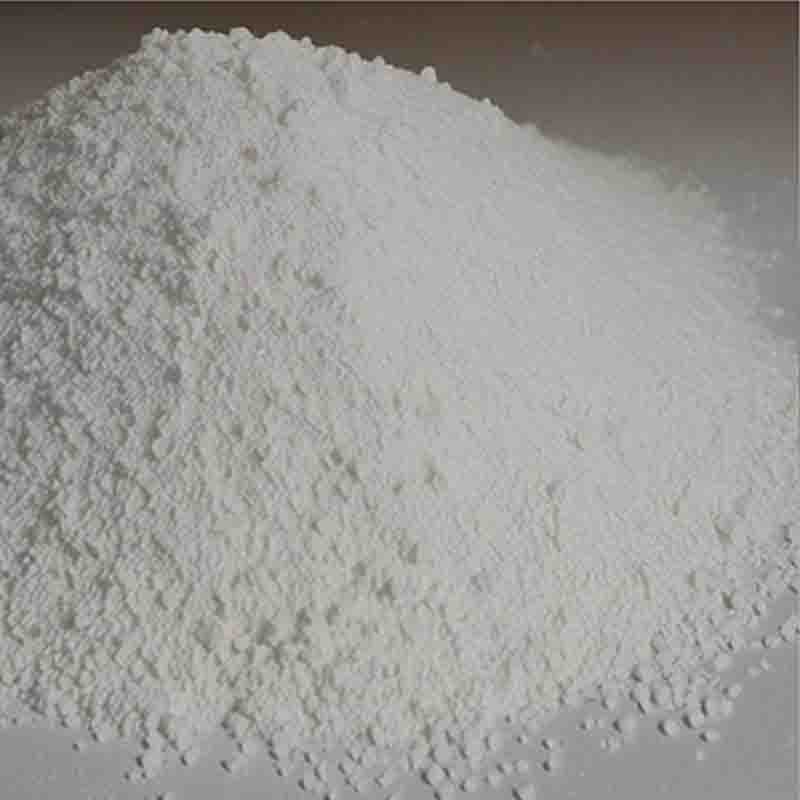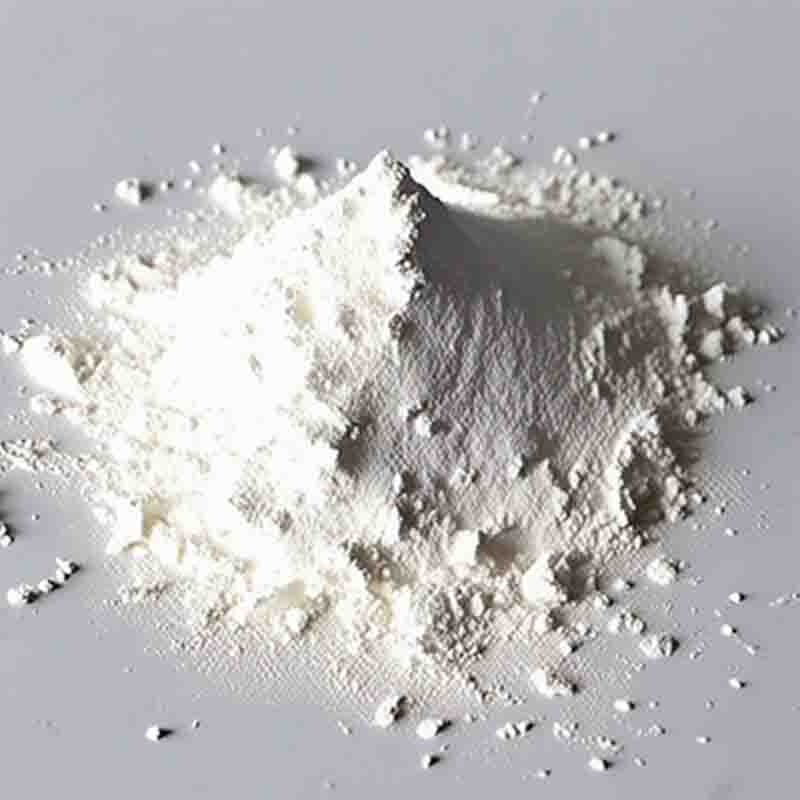3-Chloropyridine CAS:626-60-8
| Catalog Number | XD95117 |
| Product Name | 3-Chloropyridine |
| CAS | 626-60-8 |
| Molecular Formula | C5H4ClN |
| Molecular Weight | 113.54 |
| Storage Details | Ambient |
Product Specification
| Appearance | White powder |
| Assay | 99% min |
3-Chloropyridine is a chemical compound with a pyridine ring substituted with a chlorine atom. It possesses several effects and applications due to its unique chemical properties. Let's explore some of its impacts in more detail.Synthetic Applications: 3-Chloropyridine serves as a versatile building block in organic synthesis. It can be used to introduce a pyridine motif into various compounds and can undergo a wide range of reactions, such as substitution, oxidation, and coupling reactions. Its reactivity allows for the synthesis of diverse organic molecules, including pharmaceuticals, agrochemicals, and dyes.Pharmaceutical Research: 3-Chloropyridine is utilized as a core structure in the development of pharmaceutical compounds. This compound can be further modified by introducing functional groups on the pyridine ring or through substitution reactions. Its presence in drug molecules can enhance biological activity, solubility, and binding affinity, making it valuable in drug discovery and development.Solvent Applications: 3-Chloropyridine is a versatile solvent due to its polarity and miscibility with a range of organic solvents. It is often utilized as a reaction medium, catalyst, or extractive solvent in various chemical reactions and processes. The compound's ability to dissolve different types of compounds makes it suitable for use in industries such as pharmaceuticals, agrochemicals, and specialty chemicals.Pesticide and Herbicide Industry: 3-Chloropyridine plays a crucial role in the synthesis of pesticides and herbicides. Its functionalization allows for the development of compounds with selective activity against target pest species, making it a valuable component in the formulation of crop protection chemicals.Biological Studies: 3-Chloropyridine has shown potential as a probe molecule for studying various biological processes. It can act as a fluorescent tag when functionalized with a suitable fluorescent group, enabling researchers to visualize and track the localization and behavior of specific biomolecules in living systems. This compound can also be used as a precursor for radiolabeling studies, aiding in the development of imaging agents for positron emission tomography (PET) scans.It is important to note that while 3-Chloropyridine has numerous applications, safety precautions must be followed during its handling and use. This includes using appropriate protective equipment and ensuring proper waste disposal to minimize any potential risks associated with its use.


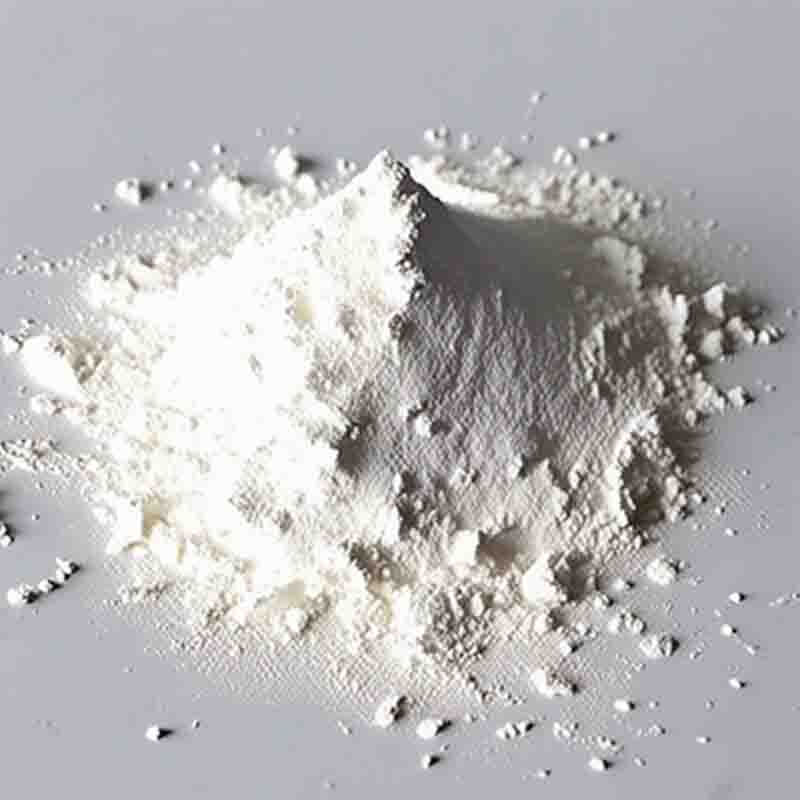

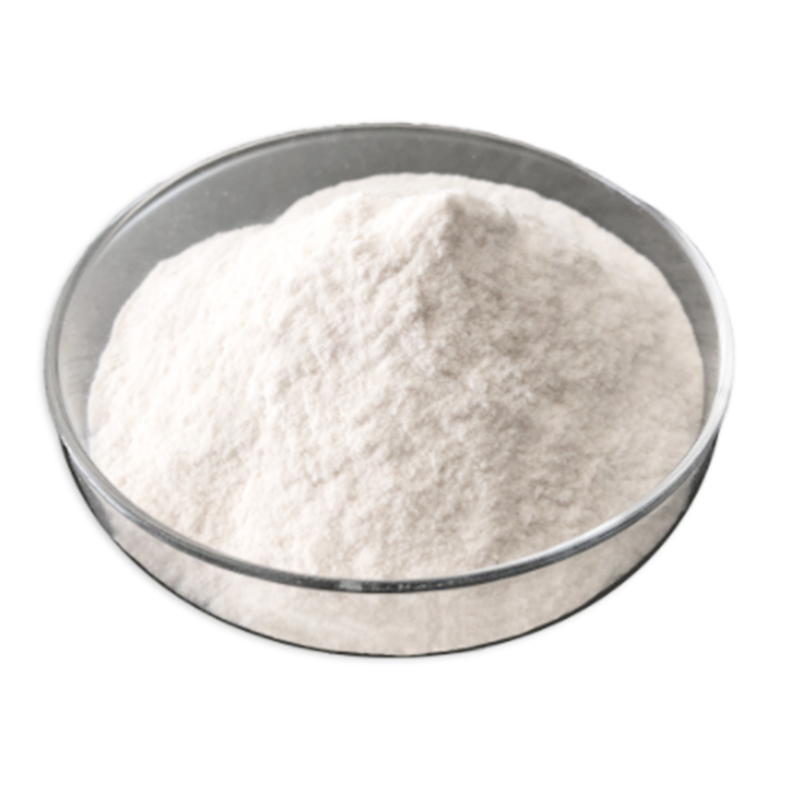
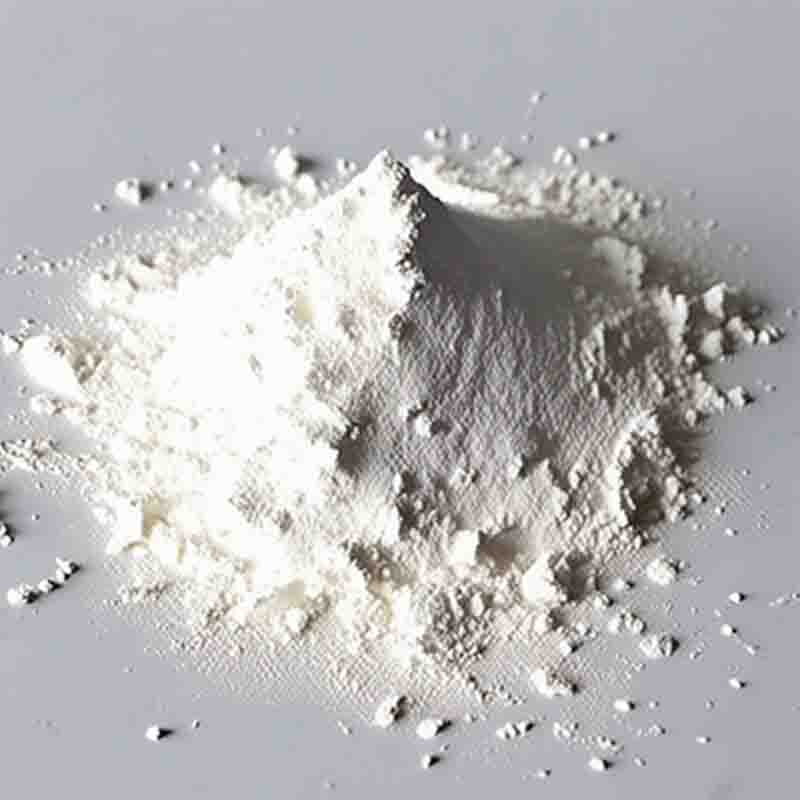
![Ethyl-2-Ethoxy-1-[[(2'-Cyanobiphenyl-4-yl) Methyl] Benzimidazole]-7-Carboxylate CAS: 139481-41-7](https://cdn.globalso.com/xdbiochems/白色粉末1212.jpg)
